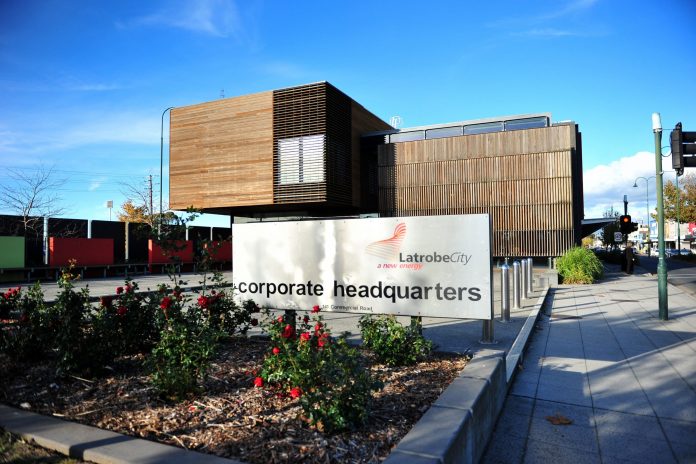ZAIDA GLIBANOVIC
By ZAIDA GLIBANOVIC
DEBATE arose at the latest Latrobe City council meeting on Monday, June 5. They discussed the notice of motion for council to; acknowledge the history of native timber harvesting in Gippsland, release a statement condemning the state government’s decision to end native harvesting, and call on the state government to rescind its decision.
Following the state government’s decision to bring forward the closure of the native forest industry, six years earlier than planned to January 1, 2024, the Latrobe City Council called on the state government to support local workers in the transition away from the timber industry.
Since then, council has not commented on the timber industry until the last council meeting on Monday, June 5, as councillor Dale Harriman put through a notice of motion on the native timber industry in Victoria.
Cr Graeme Middlemiss, though in support of the passion behind the motion, could not support it.
“The motion condemns the state government and calls on the government to rescind the decision, but I’m yet to be convinced that there is sufficient resource left, bearing in mind the environmental expectations of city slickers who control the government to sustain the industry in its present capacity even till 2030,” Cr Middlemiss said.
“The available logging country has well and truly been scalped … we’ve been allowed to over log; it’s quite admitted now, we over-logged. The resource is diminishing rapidly. The state government is losing 50 million a year plus in its attempt to regulate the industry … there’s been nothing done over the years to reduce the size of the industry to sustainable levels.”
Hundreds of workers had been unable to work for months after the Supreme Court found that VicForests had failed to protect the endangered greater glider and yellow-bellied glider.
“There’s been an insufficient environmental focus on timber harvesting, hence the reason harvesting is stopped at the moment is because of court bans,” Cr Middlemiss said.
Cr Middlemiss also recognised the devastating impacts the state government decision will leave on the community.
“Towns like Orbost, towns like Heyfield, once the sawmills go there’s nothing left, there is no economic activity in these towns,” he said.
There was mention of the recent job losses in the Valley due to the closure of the reflex machine at the paper mill.
Cr Middlemiss explained how the public was aware that employment markets in regional and rural Victoria are extremely different to those in urban areas.
He put toward council the need for a transition plan for these workers and communities – that the closure of native logging will most impact.
Cr Dan Clancey said that as a council, their role is to advocate for their communities issues, but in terms of the motion asking the state to rescind their decision, Cr Clancey found that unrealistic when so much advocacy has been conducted over long periods to save the native timber industry to no avail.
Cr Law reiterated Cr Clancey’s statements saying, “If the CFMEU can’t fix the problems, it would be increasingly difficult for a council to fix the problem.”
In his closing speech, a passionate Cr Harriman said, “[timber] is the only building product that we can use and regrow, you can’t do it with concrete, we can’t do it with steel, we can’t do it with plastics, but we can do it with wood.”
Voting in favour was councillors Gibson, Harriman, Ferguson and Law, while against were councillors Clancey, Howe, Lund, Middlemiss and O’Callaghan, meaning the motion ultimately failed.
Council did discuss the potential of a future motion that would be more concerned with worker transition plans, rather than a public statement calling for the government to rescind their decision.











